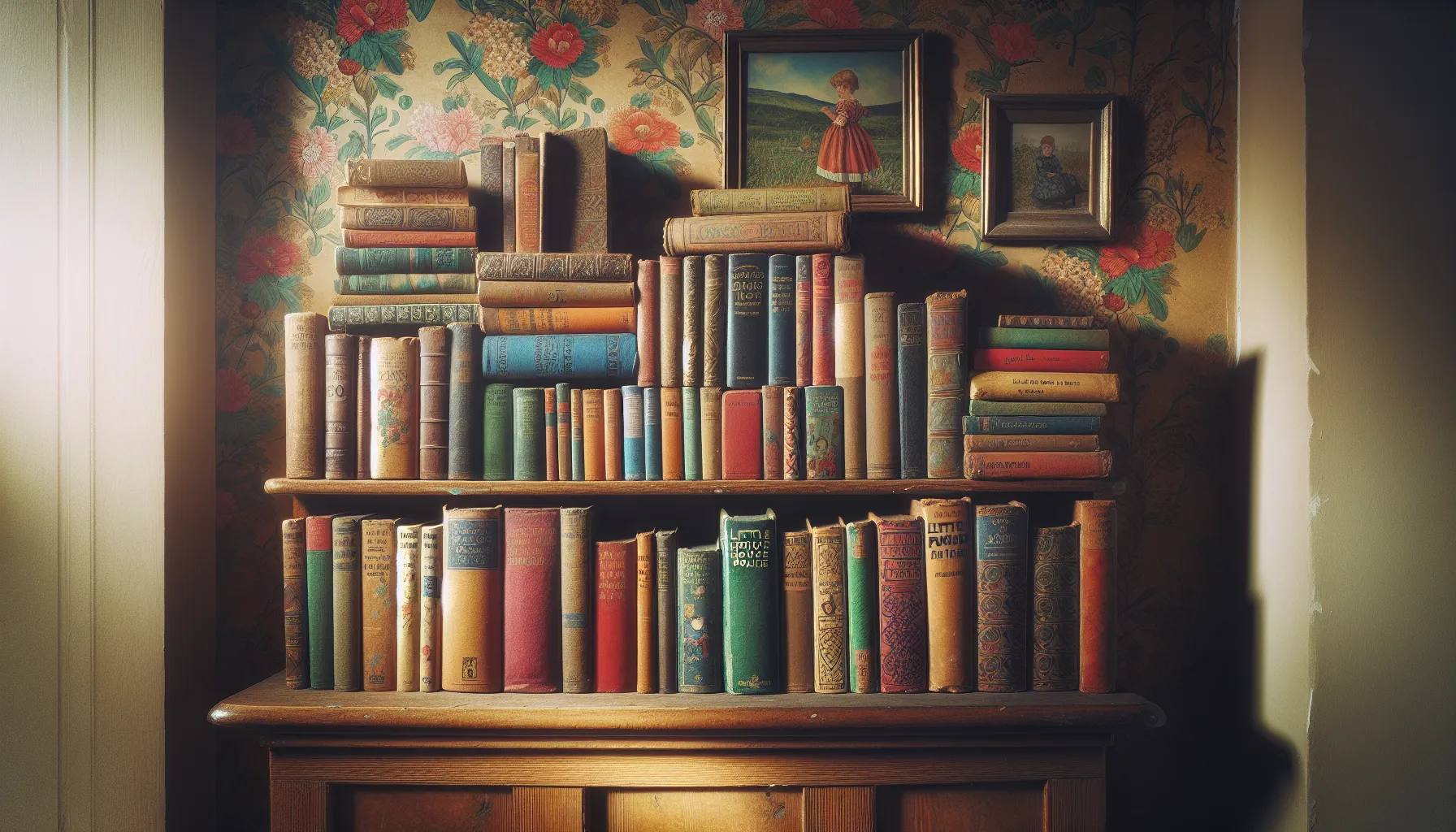The Importance of Historical Children’s Literature
In a quest to understand the significance of historical children’s books, we’ve gathered insights from professionals, including a founder and an e-commerce manager. Alongside their expert perspectives, we present additional answers that delve into the multifaceted educational impact of these timeless tales. From the introduction of activism with Rosa Parks to providing context for present-day challenges, discover the profound ways in which these books shape young minds.
- Introducing Activism with Rosa Parks
- Engaging History with Number the Stars
- Fostering Empathy Through Little House
- Instilling Values via Historical Narratives
- Cultivating Cultural Curiosity and Heritage
- Encouraging Critical Thinking Through History
- Teaching Temporal Awareness with Literature
- Providing Context for Present-Day Challenges
Introducing Activism with Rosa Parks
The Little People, Big Dreams series offers a fantastic resource for discussing historical figures and events with my kids. We often read Rosa Parks to introduce them to her activism and the Civil Rights Movement.
 Justin Barker
Justin Barker
Founder of the Most, The Most
Engaging History with Number the Stars
Historical children’s books are vital because they open a window to the past, teaching kids about history in a way that’s engaging and relatable. They go beyond dates and facts, breathing life into historical events, cultures, and people, making it easier for young readers to understand and empathize with different perspectives and experiences. These stories often convey timeless lessons on courage, resilience, and the importance of understanding our shared human history.
One standout example is Number the Stars by Lois Lowry. This book takes young readers to Nazi-occupied Denmark in 1943, telling the story of a 10-year-old girl named Annemarie Johansen. Through Annemarie’s eyes, children learn about the courage and sacrifice of ordinary people who risked their lives to save their Jewish neighbors from the Holocaust.
The educational impact of this book is profound, as it not only teaches children about a critical period in history but also instills values of bravery, friendship, and the importance of standing up against injustice. It’s a powerful example of how historical children’s books can educate both heart and mind, leaving a lasting impression on young readers.
 Matt Goren
Matt Goren
Head of Marketing, Tom’s Key Company
Fostering Empathy Through Little House
Historical children’s books are crucial as they provide young readers with a window into the past, helping them understand different cultures, events, and perspectives, which fosters empathy and a broader worldview. For example, Little House on the Prairie by Laura Ingalls Wilder offers insights into pioneering life in 19th-century America, teaching children about the challenges and triumphs of early settlers, the importance of family, and resilience in the face of adversity.
 John Frigo
John Frigo
Ecommerce Manager, Best Price Nutrition
Instilling Values via Historical Narratives
Historical children’s literature serves as a foundational tool for instilling values. By presenting narratives set in the past, young readers are exposed to the moral and ethical frameworks of bygone eras. These stories often illustrate how societal norms have evolved, highlighting the importance of progress and empathy.
In reading about the challenges and triumphs of past characters, children can learn about courage, integrity, and justice. Introduce a child to a classic tale today and watch their sense of right and wrong grow.
Cultivating Cultural Curiosity and Heritage
Delving into historical children’s literature encourages a natural curiosity about one’s cultural heritage. When children read stories from different time periods, they become inquisitive about the traditions and legacies that have shaped their own backgrounds. This awareness nurtures a sense of identity and place in the world.
In addition, these books can foster an appreciation for the diversity of cultural experiences. Share a story from history with a child and inspire them to discover more about their own lineage.
Encouraging Critical Thinking Through History
Historical children’s literature is a powerful catalyst for the development of critical thinking in young readers. Through engagement with stories from the past, children learn to compare and contrast different ways of life and viewpoints. They begin to question why people acted as they did and consider alternative outcomes.
This mental exercise sharpens their ability to analyze information and form reasoned opinions. Offer a young reader a historical book and encourage them to ponder the why’s and how’s of the story.
Teaching Temporal Awareness with Literature
Reading about the past gives children a sense of temporal awareness and perspective. Historical literature provides a window into how people used to live, the problems they faced, and how they overcame obstacles. By understanding that life was different in other times, children can develop a deeper appreciation for the present.
They also gain insight into the fact that change is a constant part of life. Gift a historical book to a young person to help them understand the concept of time and change.
Providing Context for Present-Day Challenges
Historical children’s books offer context for the challenges faced in the present day. Through stories, young readers can see that many struggles such as injustice, inequality, and striving for a better life are not new. They can learn resilience and hope by understanding how previous generations dealt with similar issues.
This perspective can empower children to tackle current problems with knowledge and determination. Encourage a young person to read a story from the past and help them connect with the ongoing human journey.
Submit Your Answer
Would you like to submit an alternate answer to the question, “Why do you think historical children’s books are important? Share one book and its educational impact.”
